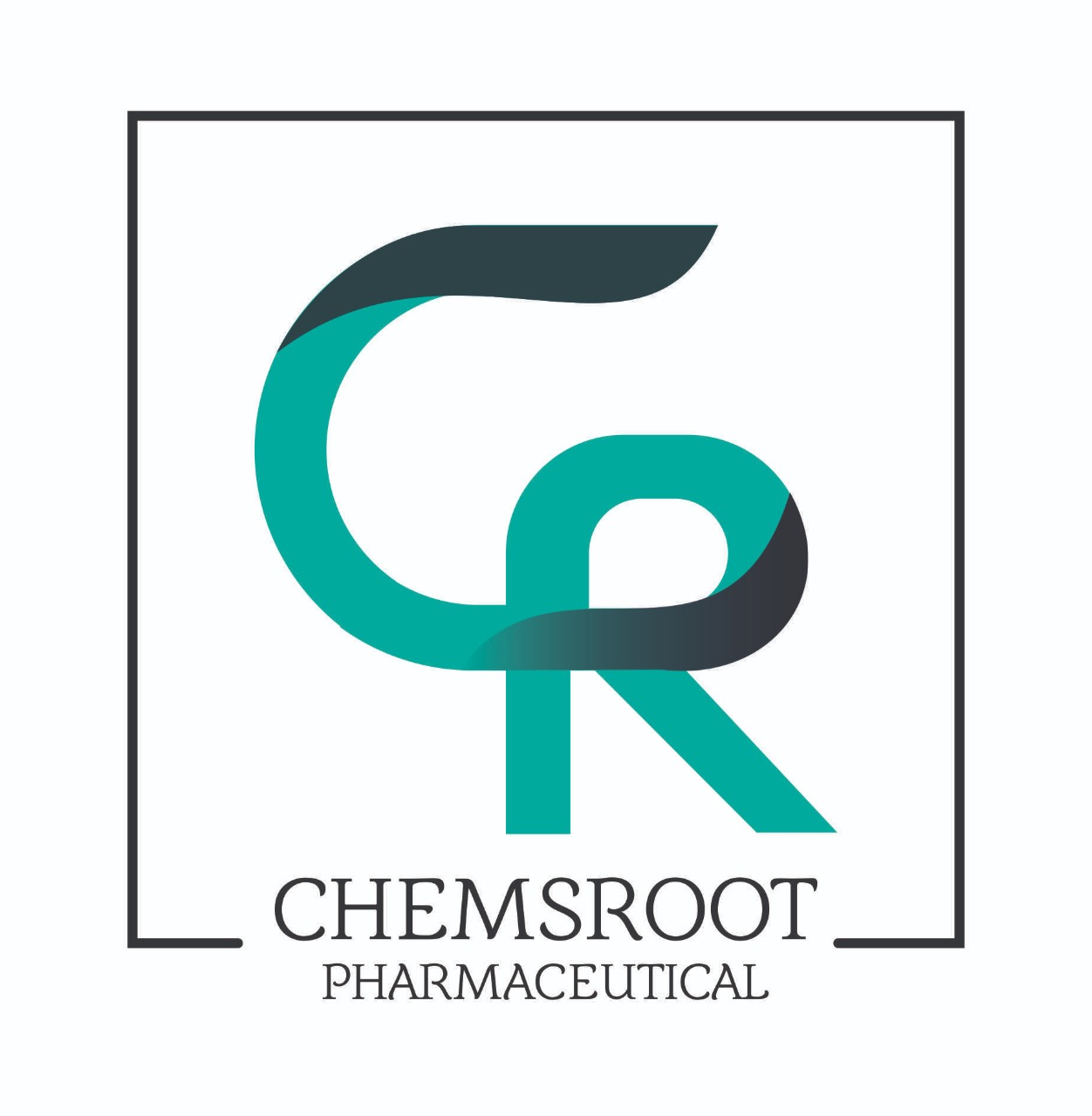A Comprehensive Guide to Biologics and Biosimilars in 2024
Navigating the Regulatory Landscape for New Pharmaceuticals
May 19, 2024The Economic Impact of Pharmaceutical Innovations
May 19, 2024The Future of Biologics and Biosimilars: Advancements, Challenges, and Opportunities
Introduction
Biologics, a class of drugs derived from living organisms, have revolutionized the treatment of numerous diseases, including cancers, autoimmune disorders, and chronic illnesses. Their complexity and specificity offer targeted therapeutic options that are often more effective and have fewer side effects compared to traditional small-molecule drugs. However, the high cost of biologics has led to the development of biosimilars – essentially, generic versions of biologics – which promise to make these life-saving treatments more accessible. This article explores the future of biologics and biosimilars, examining the advancements, challenges, and opportunities that lie ahead.
The Rise of Biologics
Biologics represent one of the fastest-growing sectors in the pharmaceutical industry. Unlike traditional drugs synthesized through chemical processes, biologics are produced using living cells and include a wide range of products such as monoclonal antibodies, vaccines, and gene therapies. The precision of biologics in targeting specific components of diseases has led to breakthroughs in treating conditions previously considered untreatable.
Key Advancements in Biologics
- Monoclonal Antibodies: These biologics can target specific cells or proteins, making them highly effective in treating cancers and autoimmune diseases. Examples include trastuzumab for breast cancer and adalimumab for rheumatoid arthritis.
- Gene Therapy: By correcting or replacing defective genes, gene therapy holds promise for curing genetic disorders. Recent FDA approvals, such as Zolgensma for spinal muscular atrophy, highlight the potential of this technology.
- Cell Therapy: Techniques such as CAR-T cell therapy, which modifies a patient’s T cells to attack cancer cells, are providing new hope for cancer patients.
The Challenge of Biologics: Cost
Despite their therapeutic benefits, biologics are often prohibitively expensive. The intricate manufacturing processes, stringent regulatory requirements, and high R&D costs contribute to their price. For instance, treatments like Eculizumab can cost hundreds of thousands of dollars per year, making them inaccessible for many patients and putting a significant burden on healthcare systems.
Enter Biosimilars
Biosimilars are designed to be highly similar to an already approved biologic (the “reference product”) with no clinically meaningful differences in terms of safety, purity, and potency. The introduction of biosimilars aims to enhance competition, reduce costs, and increase patient access to biologic therapies.
Regulatory Pathways for Biosimilars
Regulatory agencies like the FDA in the United States and the EMA in Europe have established pathways for the approval of biosimilars. These pathways require comprehensive analytical characterization, animal studies, and clinical trials to demonstrate biosimilarity to the reference product. However, the complexity of biologics means that developing a biosimilar is more challenging and costly compared to traditional generics.
Advancements in Biosimilars
The biosimilars market is expanding rapidly, with numerous products already approved and many more in the pipeline. For example, biosimilars for blockbuster biologics such as Humira (adalimumab) and Remicade (infliximab) have been approved, offering more affordable treatment options.
Key Factors Driving the Adoption of Biosimilars
- Cost Savings: Biosimilars are typically priced 15-30% lower than their reference products, leading to significant cost savings for healthcare systems and patients.
- Increased Access: Lower costs and increased availability of biosimilars can improve patient access to essential treatments, especially in low- and middle-income countries.
- Physician and Patient Acceptance: Education and awareness campaigns are crucial to addressing concerns about the safety and efficacy of biosimilars, thereby increasing their adoption.
Challenges Facing Biosimilars
Despite their potential, biosimilars face several challenges:
- Regulatory Hurdles: The stringent requirements for demonstrating biosimilarity mean that biosimilars still involve significant time and expense to develop.
- Market Competition: Patent litigation and market exclusivity of reference products can delay the entry of biosimilars. Additionally, the competitive landscape includes not only biosimilars but also next-generation biologics and other innovative therapies.
- Provider and Patient Perception: There remains skepticism among some healthcare providers and patients regarding the safety and efficacy of biosimilars. Addressing these concerns through robust clinical data and post-marketing surveillance is essential.
The Future Outlook
The future of biologics and biosimilars is poised for significant growth and innovation. Several trends and opportunities will shape this landscape:
1. Technological Advancements:
Emerging technologies such as CRISPR for gene editing, improved cell culture techniques, and advanced biomanufacturing processes are likely to enhance the efficiency and reduce the costs of biologic production.
2. Policy and Regulatory Support:
Governments and regulatory agencies are increasingly recognizing the need to support biosimilar development. Policies aimed at streamlining approval processes, reducing development costs, and encouraging market competition will be crucial.
3. Global Expansion:
The adoption of biosimilars is expected to rise globally, with significant growth in emerging markets. Countries like India and China are investing heavily in biosimilar production, driven by the need to provide affordable healthcare solutions.
4. Integration with Personalized Medicine:
Biologics and biosimilars will increasingly be integrated into personalized medicine approaches. Companion diagnostics and biomarker testing will help identify the most effective treatments for individual patients, enhancing therapeutic outcomes.
5. Collaboration and Partnerships:
Collaborations between pharmaceutical companies, biotechnology firms, and academic institutions will drive innovation. Public-private partnerships can also play a pivotal role in addressing the challenges of biosimilar development and market entry.
Conclusion
Biologics have transformed the pharmaceutical landscape, offering powerful tools to treat a range of complex diseases. The advent of biosimilars presents an opportunity to make these treatments more affordable and accessible, benefiting both patients and healthcare systems. While challenges remain, advancements in technology, supportive policies, and increased global collaboration will drive the future growth of biologics and biosimilars. As the industry evolves, ongoing efforts to ensure safety, efficacy, and affordability will be critical in realizing the full potential of these life-saving therapies.
Contact Us:
Phone no.- 8699504069.
E-mail – chemsrootpharmaceuticals@gmail.com

